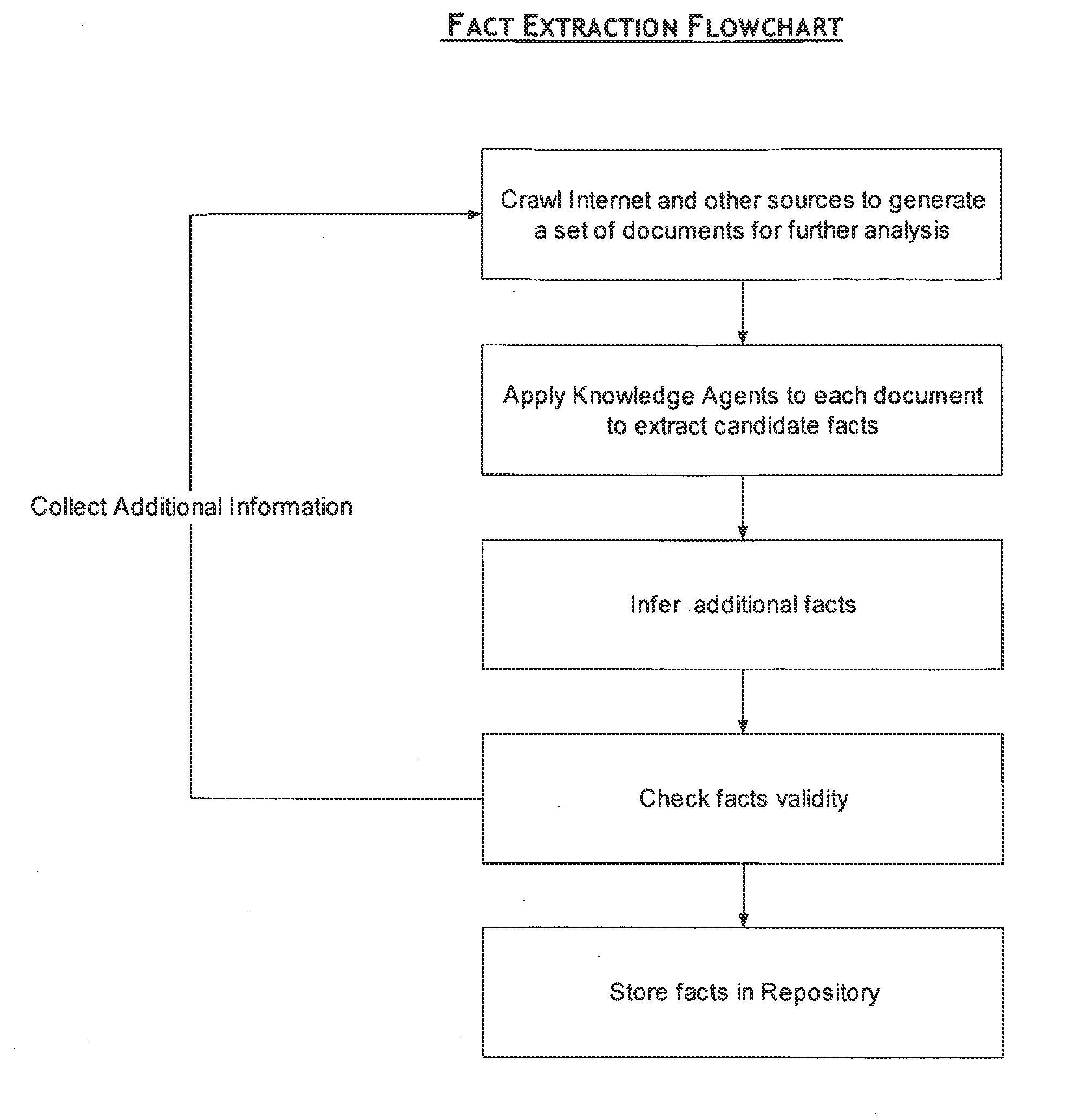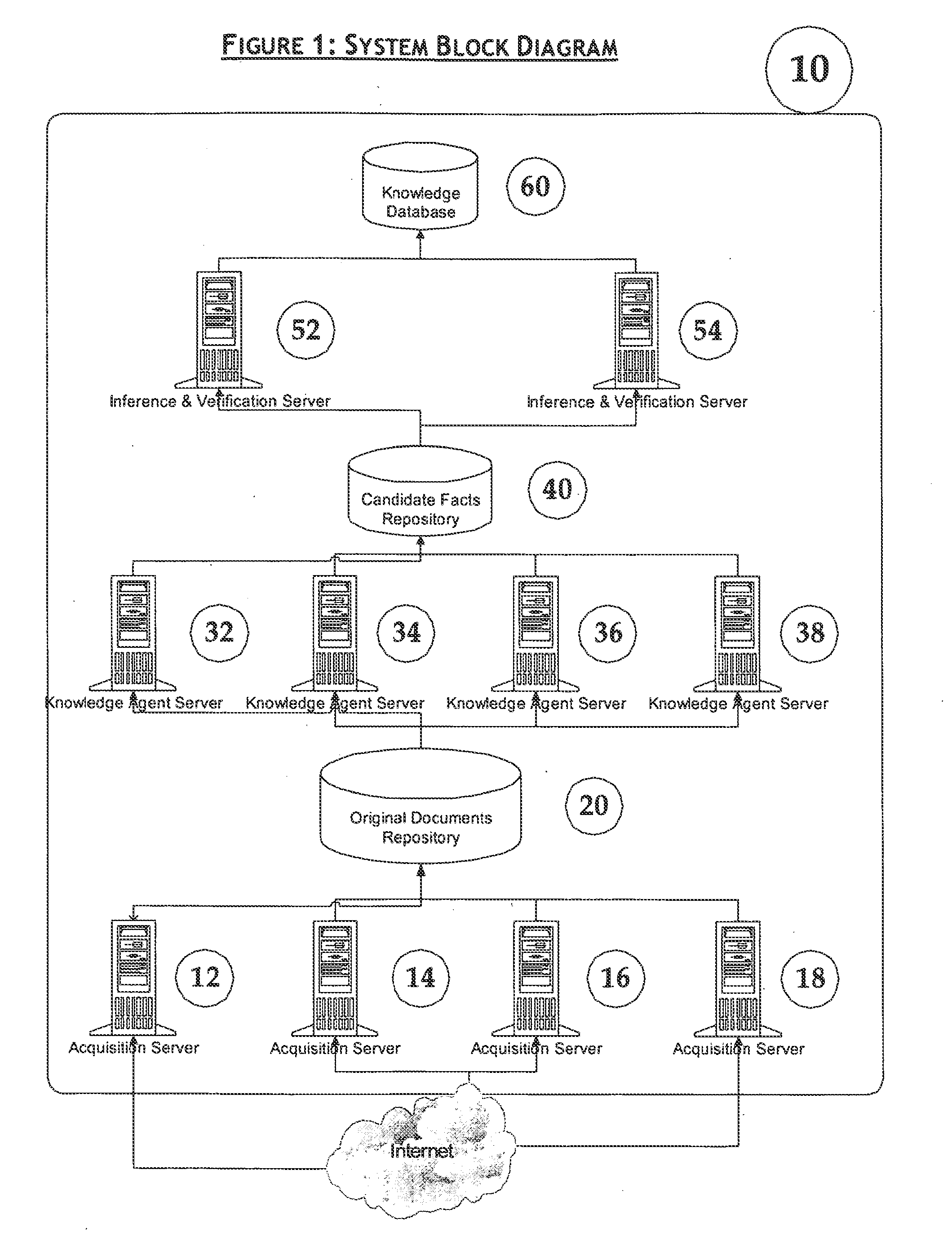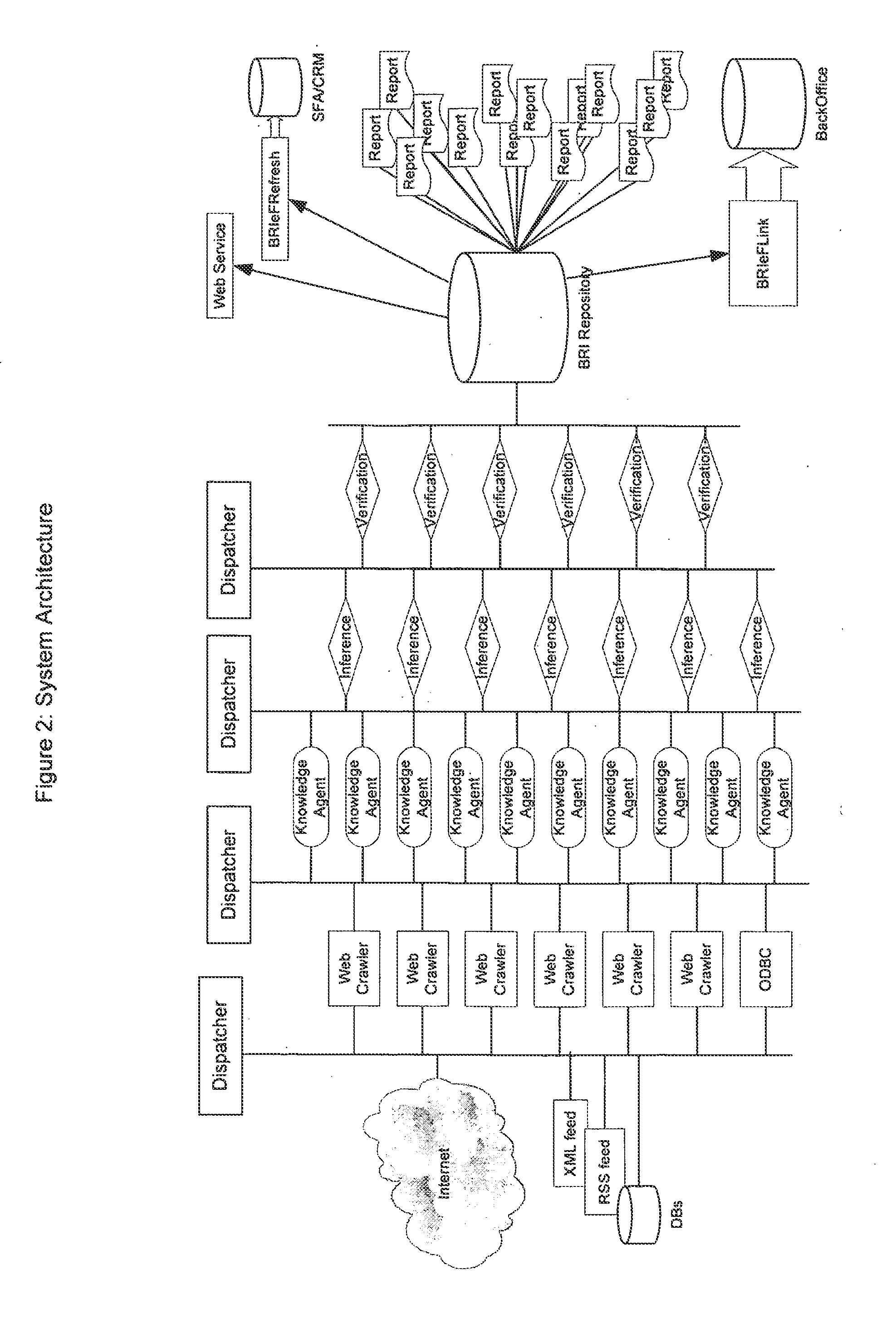The transformation of information from one form to another was and still is quite a formidable task.
The major problem is that the purpose of information generation in the first place is communication with human beings.
The fundamental problem with this analysis is in the very fact that the information is originated by human beings to be consumed by human beings.
Furthermore, to understand something means not only to recognize grammatical constructs, which is a difficult and expensive task by itself, but to create a semantic and pragmatic model of the subject in question.
The fundamental problem with this approach is that it still does not perform the task at hand—“analyze and organize the sea of information pieces into a well managed and easily accessible structure”.
Transformation of information contained in billions and billions of unstructured and semi-structured documents that are now available in electronic forms into structured format constitutes one of the most challenging tasks in
computer science and industry.
But the reality is that the existing systems like Google™, Yahoo™ and others have two major drawbacks: (a) They provide only answers to isolated questions without any aggregations; so there is no way to ask a question like “How many CRM companies hired a chief privacy officer in the last two years?”, and (b) the relevancy / false positive number is between 10% and 20% on average for
non specific questions like “Who is IT director at Wells Fargo
bank?” or “Which actors were nominated for both an Oscar and a Golden Globe last year?” These questions require the system that collects facts and then present them in structured format and stored in a data repository to be queried using
SOL-type of a language.
This endeavor could not be achieved without a flexible platform and language.
It allows for unlimited capabilities to organize data on a
web page, but at the same time makes its analysis a formidable task.
Furthermore, these sources are created for human not
machine consumption.
This complexity makes the problem of extraction of units like an article quite problematic.
The problem is aggravated by the lack of standards and the level of creativity of web masters.
The problem of extracting main content and discarding all other elements present on a
web page constitutes a formidable challenge.
Firstly, one needs to maintain many thousands of them.
Secondly, they have to be updated on a regular basis due to ever changing page structures, new advertisement, and the like.
Because newspapers do not notify about these changes, the maintenance of templates require constant checking And thirdly, it is quite difficult to be accurate in describing the article, especially its body, since each article has different attributes, like the number of embedded pictures, length of title, length of body etc.
The second problem is closely related to the recognition of
HTML document layout including determination of individual frames, articles, lists, digests etc.
Explicit time stamps are much harder to extract.
There are three major challenges: (1) multi-document nature of a
web page; (2) no uniform rule of placing time stamps and (3) false clues.
The situation with a web page is much more complex, since with the development of convenient tools for web page design people became quite creative.
That is why homogeneous mechanisms can not function properly in an open world, and thus rely on constant tuning or on focusing on a well defined domain.
With the explosion of the Internet, the problem of
scalability became critical.
For a system of facts, extraction like Business Information Network, the problem of
scalability is significantly more complex.
The relevancy (
false positive rate) of search results is a very delicate subject, which all search vendors try to avoid.
As opposed to search engines, the system that provides answers simply can't afford to have high level of
false positive rate.
The system becomes useless (unreliable) if the
false positive rate is higher than a single digit.
That humongous size of the search space presents significant difficulty for crawlers, since it requires hundreds of thousands computers and hundreds of gigabits per second connections.
But for many tasks that is neither necessary nor sufficient.
The problem is how to find these pages without
crawling the entire Internet.
Deep or dynamic web constitutes a significant challenge for web crawlers.
At the moment
Deep Web is not tackled by the search vendors and continues to be a strong challenge.
The major problem is to find out what questions to ask to retrieve the information from the databases, and how to obtain all of it.
There are two problems associated with this task.
Firstly, no formal grammar of a
natural language exists, and there are no indications that it will ever be created, due to the fundamentally “non-formal” nature of a
natural language.
Secondly, the sentences quite often either do not allow for full
parsing at all or can be parsed in many different ways.
The result is that none of the known general parsers are acceptable from the practical stand point.
They are extremely slow and produce too many or no results.
The main problem though is how to build them.
This general approach though can generate a lot of false results and specific mechanisms should be built to avoid that.
At the same time, even if the parser quickly generated a grammatical structure of a
sentence, it does not mean that the
sentence contains any useful information for a particular application.
One of the most difficult problems in facts extraction in
Information Retrieval is the problem of identification of objects, their attributes and the relationships between objects.
But if the system is built automatically, the decision of whether a particular sequence of words represent a new object is much more difficult.
It is especially tricky in the systems that analyze large number of new documents on a daily basis creating significant restrictions on the time spent on the analysis.
On the other hand, strictness of grammar limits its applicability.
That makes identification of objects and establishing the equivalency between them a formidable task.
A major challenge with facts extraction from a written document comes from the descriptive nature of any document.
Thus, facts extraction faces a classic problem of instances vs. denotatum.
Another challenge with such a system is that it should have mechanisms to go back on its decision on some equivalence without destroying others.
The problem with local grammars is that they are domain dependent and should be built practically from scratch for a new domain.
The challenge is to build mechanisms that can automatically enhance the grammar rules without introducing false positive results.
The problem is how to extract the relevant facts from billions of web pages that exist today, and from tens of billions pages that will populate the Internet in the not so distant future.
 Login to View More
Login to View More  Login to View More
Login to View More 


